Work and Life is a radio program hosted by Stew Friedman, director of the Wharton Work/Life Integration Project, on Sirius XM’s Channel 111, Business Radio Powered by The Wharton School. Every Tuesday at 7:00 PM EST, Stew speaks with everyday people and the world’s leading experts about creating harmony among work, home, community, and the private self (mind, body and spirit).
On Work and Life, Stew Friedman spoke with Julie Foudy, former Captain of the US Women’s Olympic Soccer Team, current reporter and analyst at ESPN/ABC, and founder of the Sports Leadership Academy for girls.
The following are edited excerpts of their conversation.
Stew Friedman: You are one of the six people I profile in Leading the Life You Want: Skills for Integrating Work and Life. You especially exemplify the important skills of knowing what matters, helping others, and challenging the status quo. You chose, for instance, to compete in an international soccer tournament over your high school graduation. You were the first athlete to go overseas to inspect a factory before accepting an all-important and lucrative endorsement. How did you come to understand what was important to you, what mattered most, and how did you have the courage to act on your core values?
Julie Foudy: 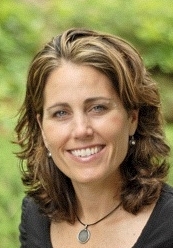 I think probably my parents helped. I was the fourth of four kids and maybe it was a consequence of being the fourth or maybe they were just hands-off, in a positive way, to the point of not coming to soccer game when I was little. I was not ever dependent on their praise. Everything I did I did it because I wanted to. I was innately competitive.
I think probably my parents helped. I was the fourth of four kids and maybe it was a consequence of being the fourth or maybe they were just hands-off, in a positive way, to the point of not coming to soccer game when I was little. I was not ever dependent on their praise. Everything I did I did it because I wanted to. I was innately competitive.
So, when I chose to go to Italy with U.S. National Team instead of my high school graduation, there was so much drama – girls saying, “How could you?” But that’s how I won my spot on the team. I asked my parents. Now, today, parents would say, “Go!” Today parents want “success.” My parents said, “What do you want to do?”
SF: How does knowing what’s important play out in your philosophy for your Leadership Academy?
JF: We say “choose to matter.” I’m a big believer that there’s not a box that’s checked off when you’re born that says you’re a leader. Leaders come in different shapes and sizes, including those who are not most vocal or confident. Girls, instead of raising hands, they defer. It’s the norm even with the popular and confident girls. We emphasize that you choose your attitude. “Success isn’t a matter of chance, it’s a matter of choice” was an epiphany for me. We help empower girls to make decisions which strengthens them because they know we trust them.
SF: So this cuts against cultural values that girls grow up with and they have to be taught, even the athletes.
JF: Yes, we teach them that it’s OK to voice opinion, to raise a hand. It’s a transformational experience that it’s OK to be different. Parents comment, “My kid is totally different.” They go home with a service project in their home community. Everyone can lead. It’s personal, not positional. So, some give time once a year at local nonprofit, or once a week at senior center, most do soccer clinics for kids with disabilities. So they have to create a team to support their idea, they need mentors to learn from, and they have to work with their parents. This quiet, awkward kid…and then the school takes it on, and then the community. It’s transformational. We ask, “If I had a magic wand, what would I change?” End bullying, clean the local park.
SF: Everybody has something they are passionate about.
JF: Yes, and that helps develop confidence. We say, “I am the change.” Empowering young women.
SF: When you were playing and you learned that the women on the soccer tour were getting a raw deal and you began your new role as an advocate for women in sports. How can people develop the courage to challenge the norm?
JF: The Women’s Sports Foundation, founded by Billie Jean King, is where I first learned about all this. Title IX one of the most profound civil rights laws: Back then, only one in 27 girls was playing sports and now one in three are playing! Title IX is an education amendment meant to help women get into universities and colleges. But in the fine print it says that any institution that receives federal funding has to provide equal educational and sports opportunities.
SF: So, what’s the most important piece of advice you have for challenging the status quo, for standing up for what matters most?
JF: I was told, “If everyone likes you, then you’re not doing the right thing.” And the other piece of advice is to smile through it. You’ve got to laugh.
Julie Foudy, former Captain of the US Women’s Olympic Soccer Team, current reporter and analyst at ESPN/ABC, and founder of The Julie Foudy Sports Leadership Academy for girls.
Join Work and Life next Tuesday at 7:00 pm on Sirius XM Channel 111. Visit Work and Life for a full schedule of future guests.
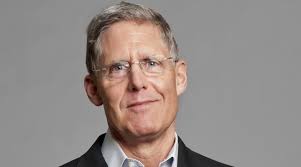 I heard recently that “days are long but life is short.” It’s important to step back and ask what matters. We are all different and have an opportunity to take advantage of our unique circumstance and gifts and apply those to achieve “success” as we define it. I try to step back and ask, “Have we achieved those things in life that matter most to us?” “What have you done with your gifts?” It’s not what’s in the bank or on paper.
I heard recently that “days are long but life is short.” It’s important to step back and ask what matters. We are all different and have an opportunity to take advantage of our unique circumstance and gifts and apply those to achieve “success” as we define it. I try to step back and ask, “Have we achieved those things in life that matter most to us?” “What have you done with your gifts?” It’s not what’s in the bank or on paper.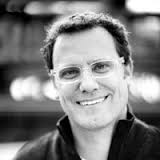 Work should be more like play, not playful. Serious, strategic, provocative, thoughtful, innovative, creative, spirited. Those were the things I wanted to affirm. I wanted to bring this important philosophy to executives to unleash imagination, and change organizations.
Work should be more like play, not playful. Serious, strategic, provocative, thoughtful, innovative, creative, spirited. Those were the things I wanted to affirm. I wanted to bring this important philosophy to executives to unleash imagination, and change organizations.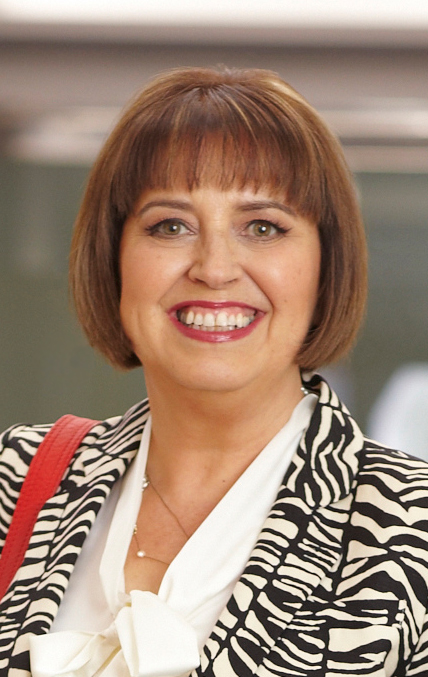 We ask 500 questions, and we get very detailed.
We ask 500 questions, and we get very detailed.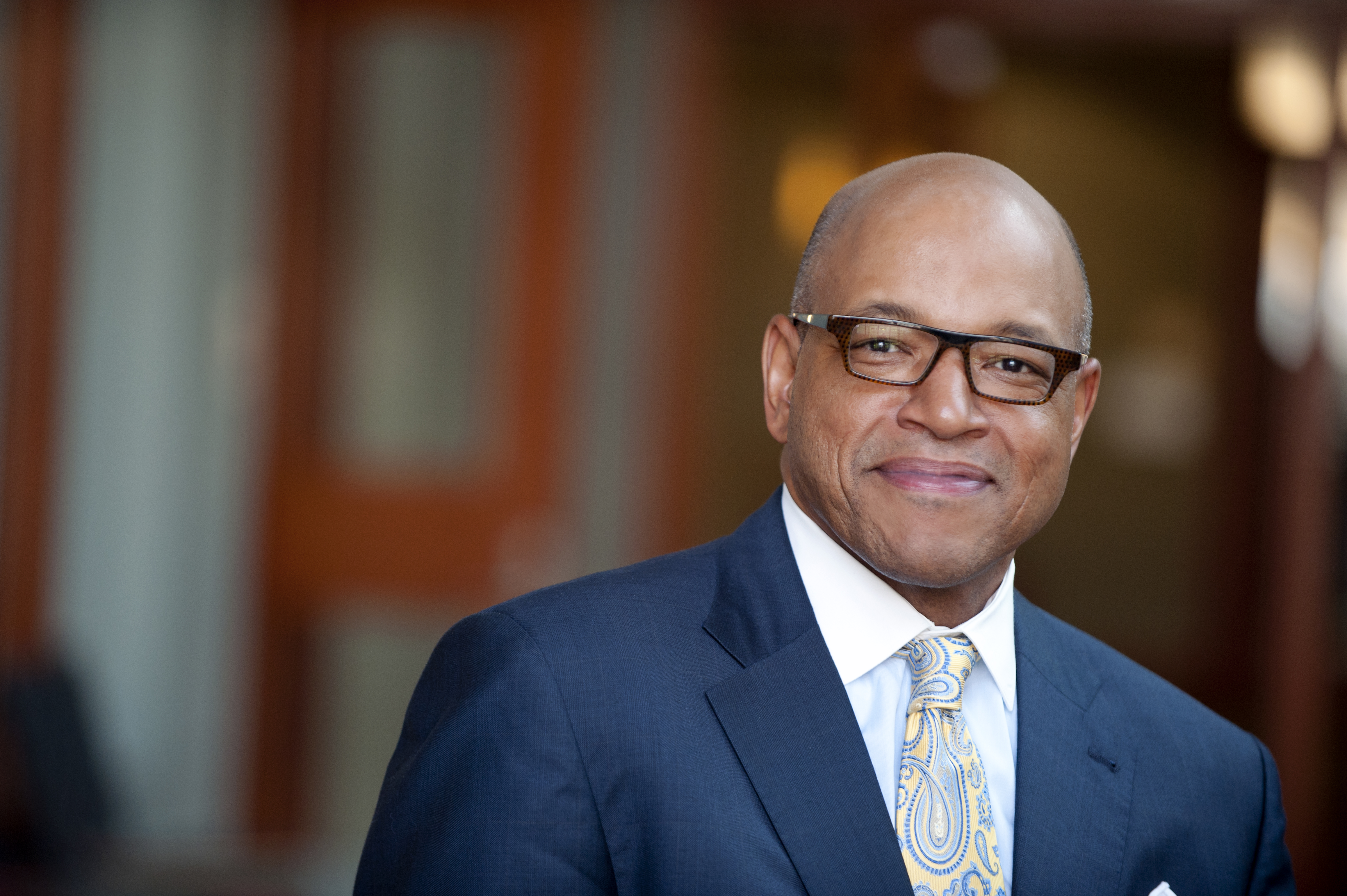 I wasinitially interested in three topics: how organizations change, how people manage their careers, and the influence of race on opportunities. In the early 80s I was studying the dynamics of mentoring in large corporations under differing circumstances – mentoring within the same race and across race, mentoring with the same gender and across gender. This was in the context of an organization trying to change its culture. It was so far ahead of its peers. I remained passionate about this for leaders, society, and for organizations.
I wasinitially interested in three topics: how organizations change, how people manage their careers, and the influence of race on opportunities. In the early 80s I was studying the dynamics of mentoring in large corporations under differing circumstances – mentoring within the same race and across race, mentoring with the same gender and across gender. This was in the context of an organization trying to change its culture. It was so far ahead of its peers. I remained passionate about this for leaders, society, and for organizations.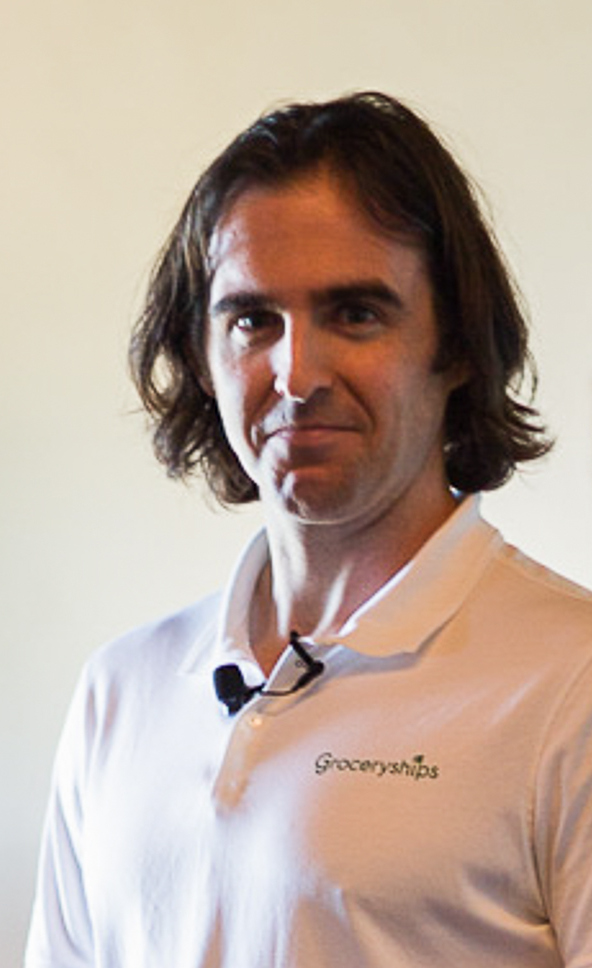 I went to Wall Street when I was 22 years old, just out of Columbia. I remember going onto the trading floor and everything I wanted in life was right there. I grew up sort of middle class. My dad read about successful businessmen in the paper every day and being successful was ingrained in me. When I walked onto the trading floor, I could tell just by looking at the clothes people wore – their haircuts, their suntans (you could tell they played golf) – that I’d never seen people as wealthy as this. And it was everything I wanted.
I went to Wall Street when I was 22 years old, just out of Columbia. I remember going onto the trading floor and everything I wanted in life was right there. I grew up sort of middle class. My dad read about successful businessmen in the paper every day and being successful was ingrained in me. When I walked onto the trading floor, I could tell just by looking at the clothes people wore – their haircuts, their suntans (you could tell they played golf) – that I’d never seen people as wealthy as this. And it was everything I wanted.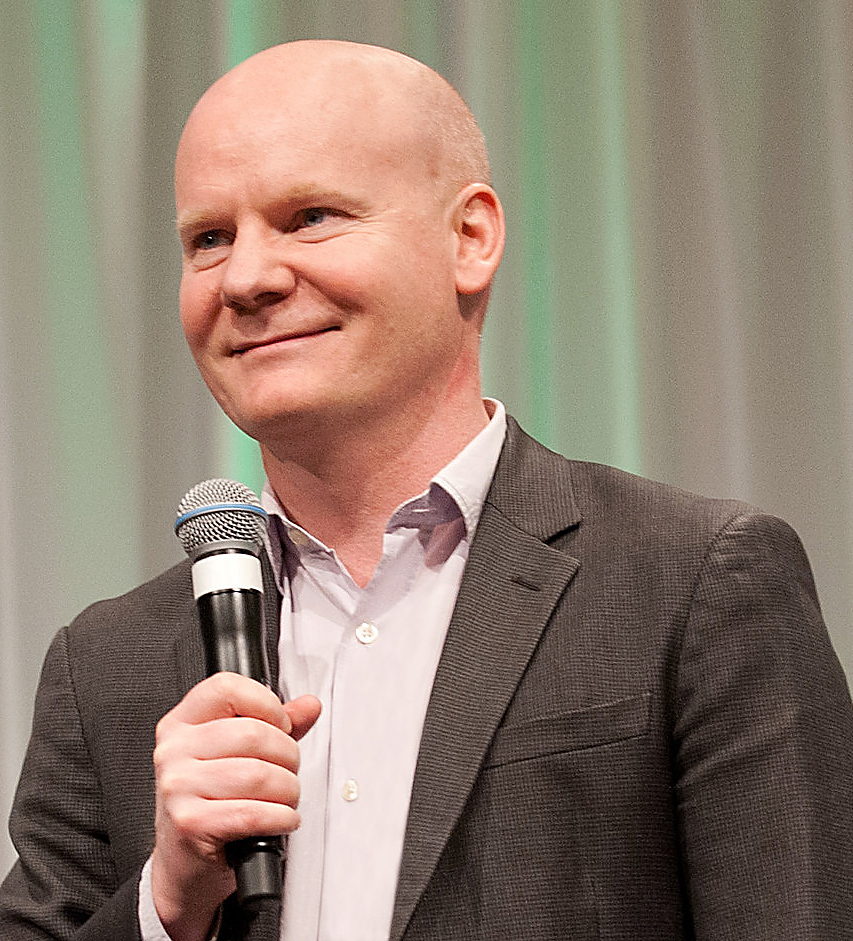 My older brother and I founded The Motley Fool in 1993. It was the result of our father’s teaching us how to invest in stocks as kids and teenagers – we were really taught that investing is a game. We weren’t taught Greek alphanumerics or obscure terminology. We weren’t even taught that much about risk. We were taught how to follow companies we loved, how to learn a little more about them, how to recognize that corporations aren’t a monolithic structure on the edge of town that you could never really know about. They’re run by every-day people around you in society who are making good or poor choices, which lead to results for shareholders and employees. We saw a human face to business at an early age, and that has had an impact on all that we’ve worked on since.
My older brother and I founded The Motley Fool in 1993. It was the result of our father’s teaching us how to invest in stocks as kids and teenagers – we were really taught that investing is a game. We weren’t taught Greek alphanumerics or obscure terminology. We weren’t even taught that much about risk. We were taught how to follow companies we loved, how to learn a little more about them, how to recognize that corporations aren’t a monolithic structure on the edge of town that you could never really know about. They’re run by every-day people around you in society who are making good or poor choices, which lead to results for shareholders and employees. We saw a human face to business at an early age, and that has had an impact on all that we’ve worked on since. received her MBA from The Wharton School in 2014.
received her MBA from The Wharton School in 2014. 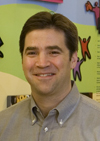 Over the years we’ve been committed to shining a light on issues facing working families, and from time to time we do studies like this. The goal with the Modern Family Index was to test where’s people’s attitudes are – in 2014 – about how employees think about these work and life issues. The survey produced some really interesting information.
Over the years we’ve been committed to shining a light on issues facing working families, and from time to time we do studies like this. The goal with the Modern Family Index was to test where’s people’s attitudes are – in 2014 – about how employees think about these work and life issues. The survey produced some really interesting information. Meaghan Casey is an MBA candidate WG’15.
Meaghan Casey is an MBA candidate WG’15.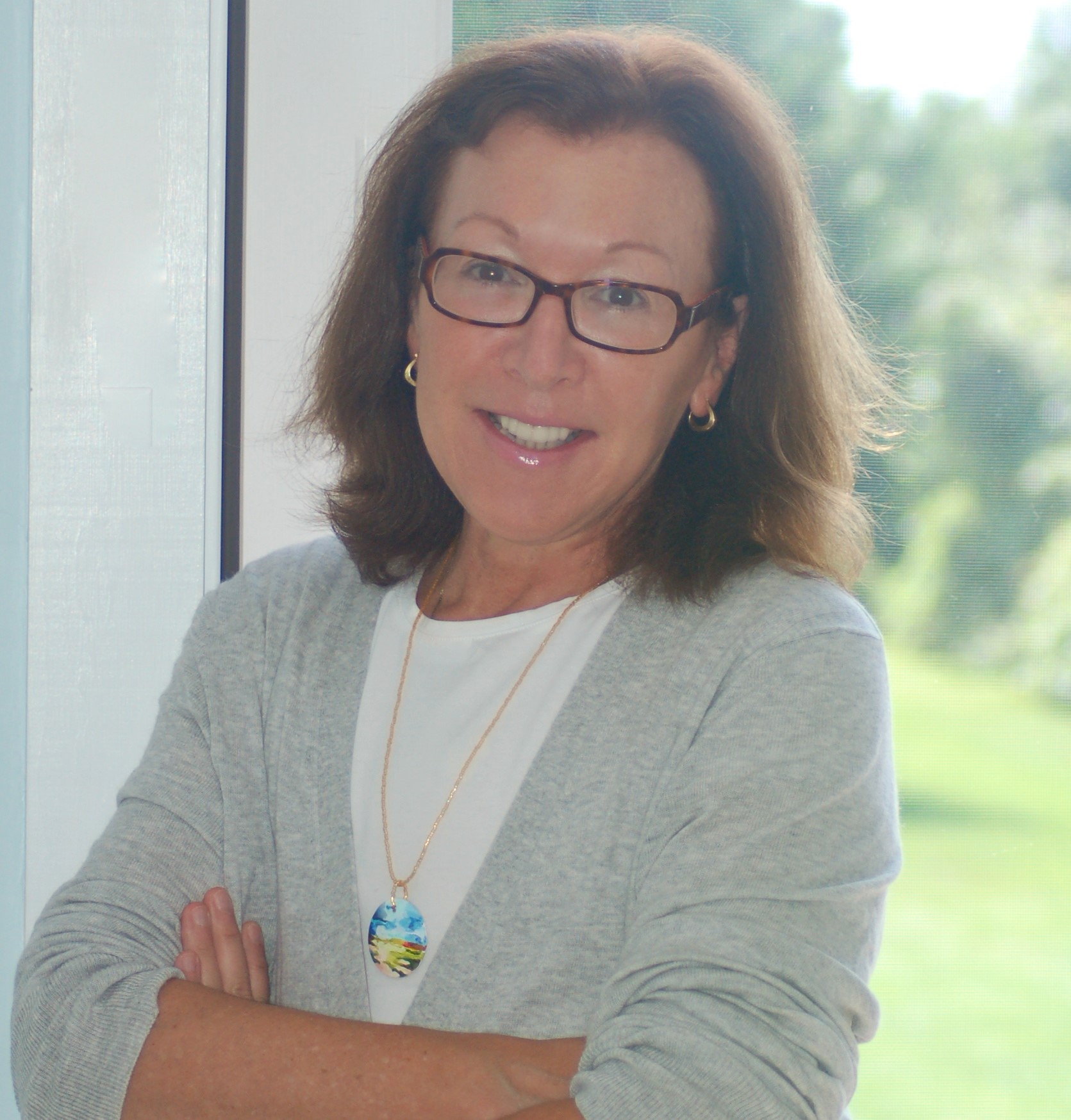 they were really all pros – the business and the people who were coming to the firm at that time were so exciting. It was like a giant lab.
they were really all pros – the business and the people who were coming to the firm at that time were so exciting. It was like a giant lab.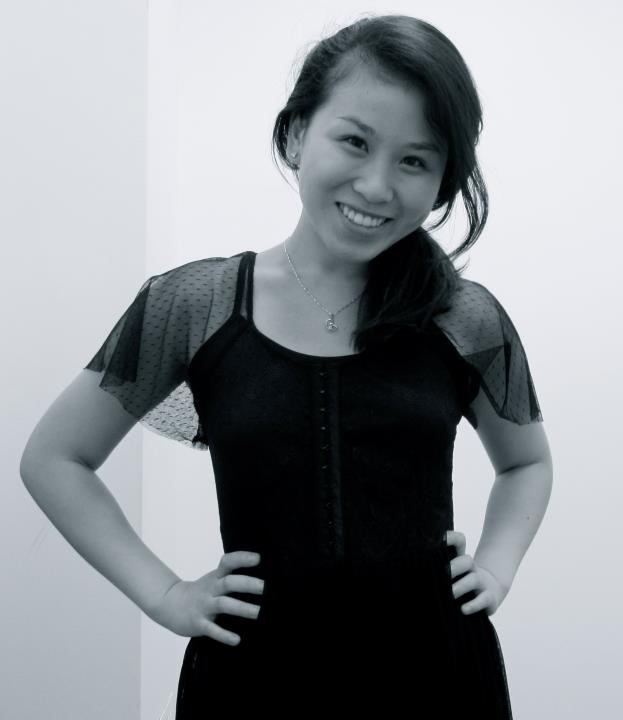 studied Management at The Wharton School and English (Creative Writing) at the College of Arts & Sciences. She graduated in 2014.
studied Management at The Wharton School and English (Creative Writing) at the College of Arts & Sciences. She graduated in 2014. 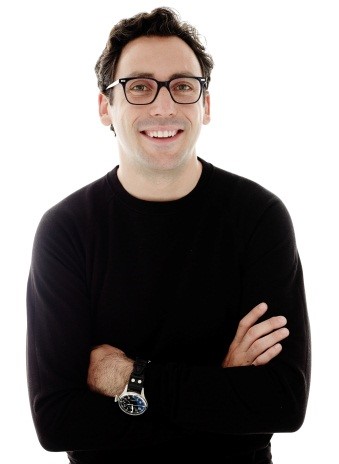 The idea behind Warby Parker was that glasses are too expensive. Jeff, Andy, Dave and I had just started our MBAs and were sitting in a computer lab at Wharton, complaining about how expensive glasses are after Dave lost his $700 glasses in the seat pocket of an airplane right before school started. We thought, “Could we do something about this?” Andy had a great idea to sell glasses online; we had seen category after category move online, from Blue Nile selling engagement rings to Zappos selling shoes. And before business school, I had trained low-income women to start their own businesses selling glasses in the developing world with
The idea behind Warby Parker was that glasses are too expensive. Jeff, Andy, Dave and I had just started our MBAs and were sitting in a computer lab at Wharton, complaining about how expensive glasses are after Dave lost his $700 glasses in the seat pocket of an airplane right before school started. We thought, “Could we do something about this?” Andy had a great idea to sell glasses online; we had seen category after category move online, from Blue Nile selling engagement rings to Zappos selling shoes. And before business school, I had trained low-income women to start their own businesses selling glasses in the developing world with